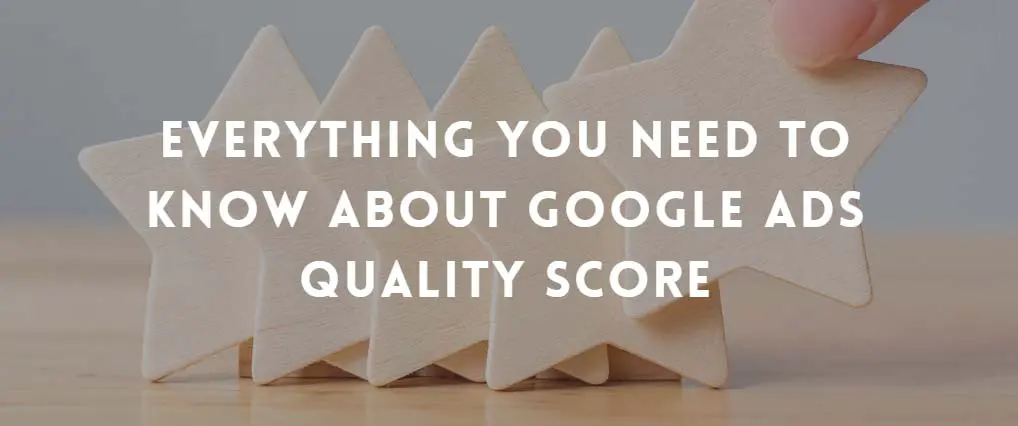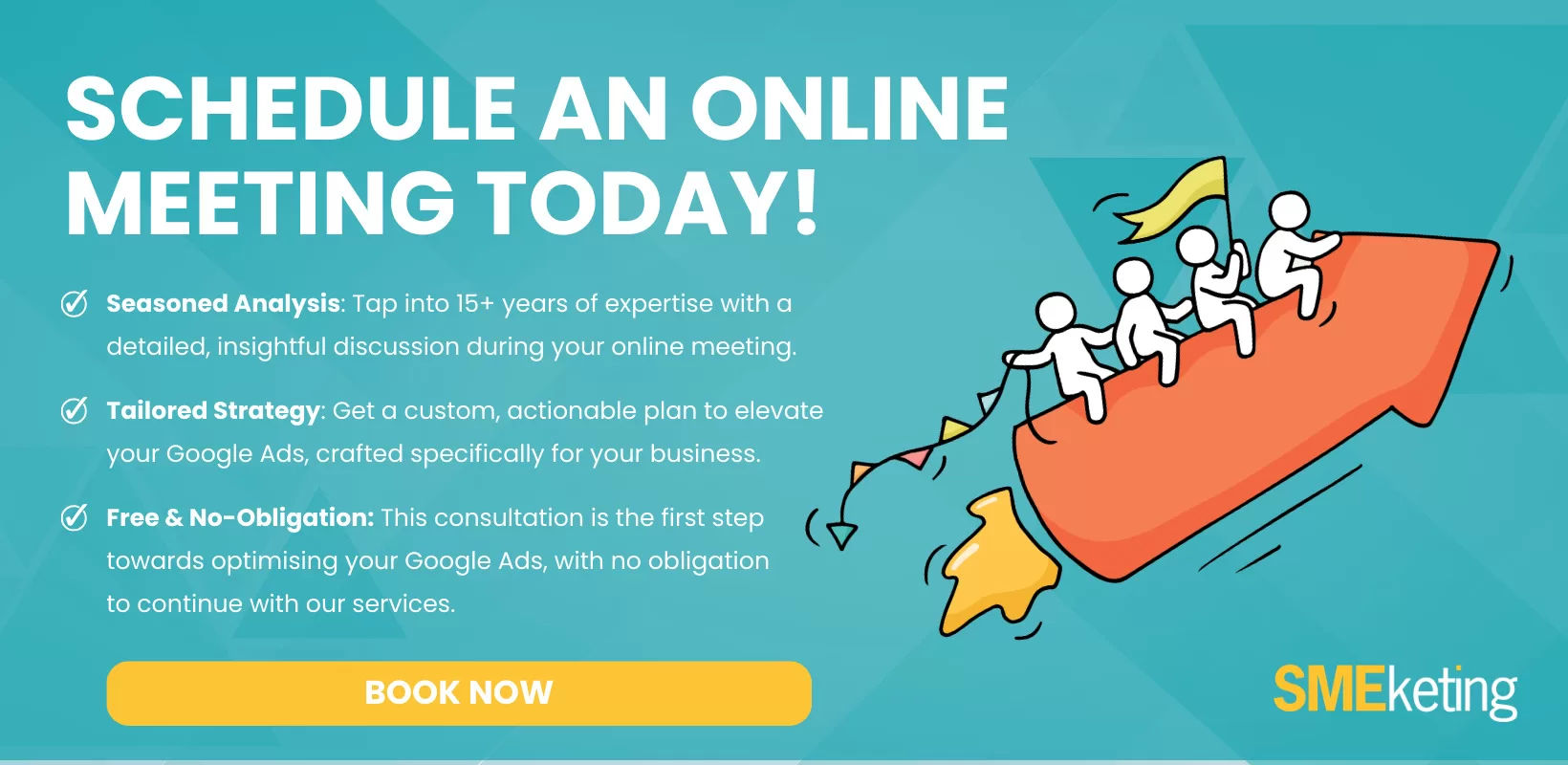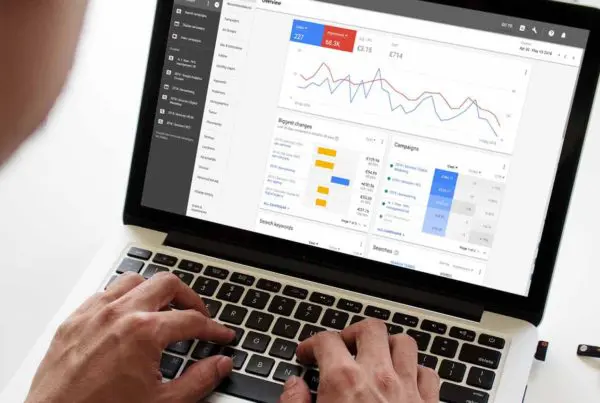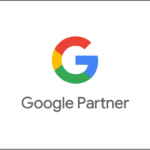Succeeding in Google Ads doesn’t merely mean spending more. Sure, that’d work (maybe). But it’s the brute force solution, whereas a little finesse and experience will work far better. And one of the key things you can work on is a key metric called Quality Score.
Here’s the thing: Google isn’t really here for businesses. Ad space is the product Google sells; the ad is the product. Google’s aim is to match searcher’s queries with the answer they’re looking for. That’s it.
In a nutshell, that’s what the Quality Score measures. It determines how “relevant” your ad is – via a few sub-factors – to the keyword entered by the searcher. Little wonder then that improving your ad’s Quality Score can even lower your cost per click (CPC). And a key factor in determining your quality score is your Ad Relevance.
But what is Ad Relevance? How is it measured? And how can you improve your Ad Relevance in Google Ads? That’s what I’m answering below. So, buckle up as I explain the best hacks to cut your ad budgets and improve your ranking.
What is the Google Ads Quality Score?
Before I delve into Ad Relevance, we need a firm grasp of the Quality Score. Ranked from 1 to 10 – 10 being the highest – it’s one of Google Ads’ simplest yet more important metrics. It’s determined based on three factors:
- Expected Click Through Rate
- Ad Relevance
- Landing Page Experience
Here’s how these factors are scored:
| Quality Score Ranking | Expected Click Through Rate | Ad Relevance | Landing Page Experience |
| Below average | 0 | 0 | 0 |
| Average | 1.75 | 1 | 1.75 |
| Above average | 3.5 | 2 | 3.5 |
Ad Relevance isn’t the most important factor – but if you want to achieve the best Quality Score, you cannot ignore it. Get it right, and you’ll improve your ad’s rank (its effectiveness in winning bids) while not spending a penny extra. How? That all comes down to a simple formula:
Max CPC x Quality Score = Ad Rank
Your Quality Score is one-half of the equation determining your bid’s success. That means increasing your Quality Score results in more bids won and improves your ad’s overall success.
Learn more about quality score in the article below.
What is Ad Relevance in Google Ads?
Google defines Ad Relevance as “how closely your ad matches the intent behind a user’s search.” If that sounds a little vague and woolly, you’re not alone. The secret is to stop thinking as an advertiser and plant yourself firmly in the shoes of a searcher.
Here’s the question: does your ad answer the question or query the search posed?
If they search for “best mountain bikes,” and your ad relates to the best road bikes, you’ll likely score low for ad relevance. The more specific your keywords, the more closely your ad must adhere to the searcher’s expectations. For example, if a customer searches for “how to replace a bike tire,” they’ll expect an article or video explaining just that. Not for a scooter or a quad bike. Nor will replacement tires be applicable.
Your ad’s keywords should always match those used in your ad, your post-click landing page should also correspond accordingly (and, if possible, contain those keywords), and all of these should match a user’s intent.
How to Improve Ad Relevance in Google Ads?
Improving your Ad Relevance in Google Ads isn’t rocket science. But doing so will skyrocket your ad’s performance. Here are some simple tips straight from Google:
1. Create specific ad groups
Trying to cram too many keywords into the same ad is counterproductive. You’ll lower your ad’s relevance, resulting in fewer successful bids. Google puts it clearly:
“Look for ad groups with many different keywords
that can’t be easily addressed by the same ad.
Split these ad groups into multiple ad groups
that better match the user’s searches.”
Splitting your keywords into multiple ad groups refines your advertising strategy and ensures you’re always matching your potential customer’s intent.
2. Group keywords into themes
As you identify keywords, think about how to group them into relevant groups. The most common (and easiest) way to group keywords is by product or service categories—for example, mountain bikes, road bikes, children’s bikes, etc.
Your keyword groups can then link to the appropriate landing page, e.g., the mountain bike products page. Within these groups, try to limit your ad groups to 5 to 15 keywords.
Remember, long-tail keywords require ad copy to be more specific and relevant than usual.
3. Add keywords in your ad copy
Perhaps the simplest tactic is to include your keyword in the ad’s copy. That could be in the page’s title, the meta-description, or the URL – especially when you’re dealing with shorter keywords. For example, if you’re selling “content marketing,” that keyword should be mentioned at least once, preferably in the headline and description.
4. Try A/B testing
Predicting how an ad will perform is harder than you’d think. While professional Google Ad experts and copywriters may estimate an ad’s success, choosing between two versions of the same ad is never easy.
There’s a tried-and-tested solution, literally.
Comparing two or more versions of the same ad via A/B testing results in a better-performing and more relevant final ad. Let your potential customers decide what they find relevant – try A/B testing.
5. Keep your ad simple
More is definitely less when writing ad copy. While you may be tempted to include more information to ensure your ad is relevant in all circumstances, you’re better off creating new ads.
Rather, highlight the key message you wish to get across: your product’s unique features, what your service offers, and a call to action.
Indeed, the last point – a strong CTA – is essential. No more than a few words long, it tells your customer what you want them to do: “Book Today,” “Download a Free Version,” or “Schedule an Appointment.”
Improve Your Google Ad Relevance to Boost Your Performance
Tweaking your ad to improve Ad Relevance in Google Ads is well worth the effort. But if you need a little extra help, I’m ready. Check out my other posts for further advice on managing your Google ads, or contact me today to start enhancing your Google Ads campaign.
- How to Do Keyword Research for Google Ads - January 15, 2024
- A Comprehensive Guide to Google Ads for B2C Businesses - January 8, 2024
- How to Write Calls to Action (CTAs) for Google Ads - December 25, 2023








